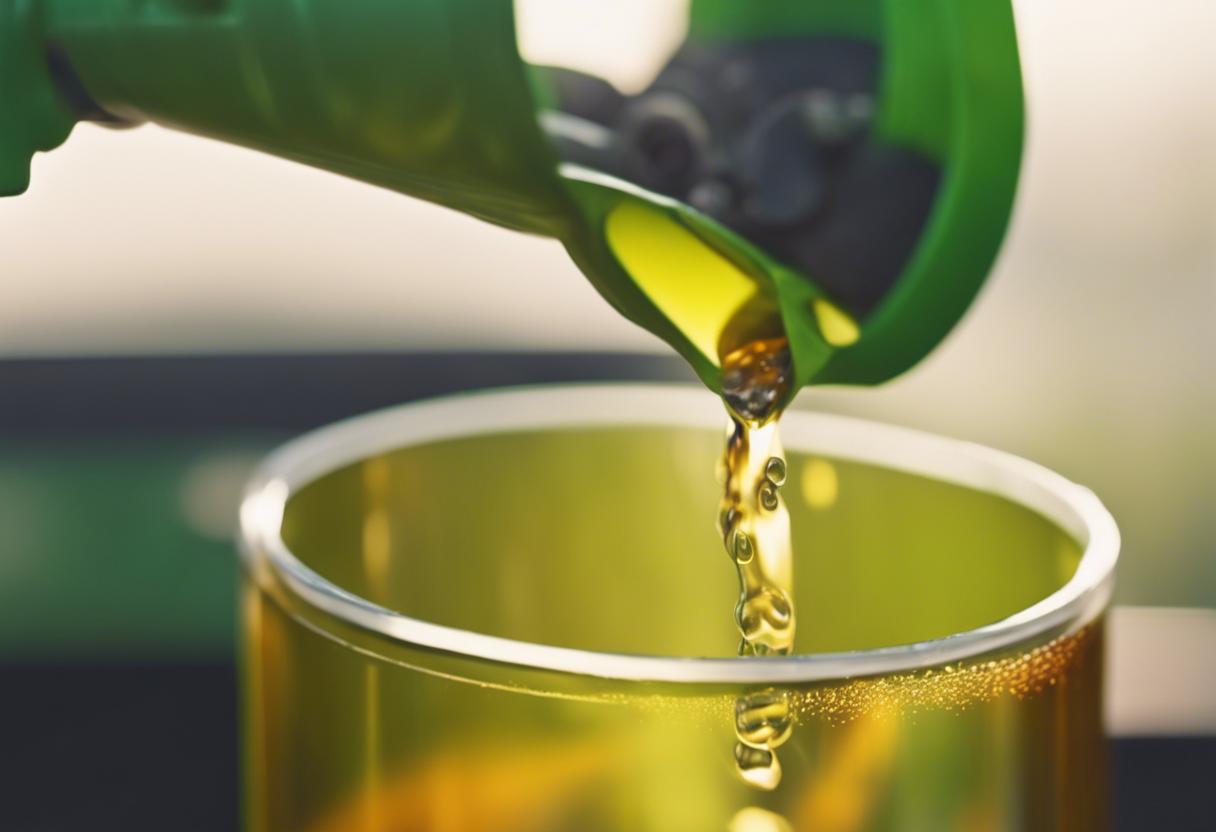Transport Minister Eamon Ryan is planning to voice his worries about possible biofuel import fraud at a crucial European Union committee meeting on Tuesday. There is a rising suspicion that biofuel distributors from China and other nations are falsely branding virgin palm oil as legitimate fuel, which is a violation of EU rules. This situation is threatening EU-based producers’ competitiveness.
Mr Ryan intends to bring this matter to the attention of the European Union’s Transport, Telecommunications and Energy Council on Tuesday, aiming to provide the EU’s biofuel producers with a fair competitive environment.
Several other EU countries, such as Belgium, Germany and the Netherlands, are expected to support the Irish Minister’s request for the European Commission to review biofuel imports. This will ensure the legitimacy and sustainability of the fuels used by transport companies, according to a statement.
The Irish industry, among others, is increasingly concerned that suppliers are mislabeling virgin palm oil (which is not considered sustainable by the EU) as other substances that are recognised as legitimate biofuels by the EU.
The conspicuous increase in supplies of palm oil mill effluent (a byproduct) and processed waste cooking oil over recent years has raised suspicions of fraudulent activity. The EU’s recognised certification bodies have declined to support fuels produced by certain manufacturers.
Among those expressing concern in Ireland and at the European level is Clonbio, an Irish agricultural business group that produces biofuel from grain, among other things, and holds a significant position in the European market. Recently, the group pointed out flaws that showed Ireland had imported millions of litres of fuel made from palm oil mill effluent from China. Interestingly, China does not produce palm oil, making it impossible for it to produce fuel from its waste.
Mr Ryan plans to urge the European Commission to further examine issues related to palm oil mill effluent and other derivatives and to implement proper monitoring and regulation procedures for the sector.
Minister Ryan said, “The European oversight regime is trusted by EU member states and fuel suppliers to ensure quality and sustainability in biofuels.”
In noting the efforts made by the EU to mitigate the negative effects of palm oil production on forests, Mr. Ryan posited concerns over the quantity of palm oil waste products being converted into biofuel. He underscored the need for such concerns to be handled at the EU level.
Palm oil, an ingredient widely utilised in the global food sector, has however tainted its reputation by rampant deforestation, specifically in southeast Asia, to make room for palm tree plantations, thus gravely impacting the ecosystem, climate, and biodiversity.
Although the waste generated from palm oil production can be re-purposed as biofuel, the technique is rather uneconomical. As such, the reported surge in usage of this waste has ignited concerns about the possible misrepresentation of palm oil as lawful biofuel by some manufacturers.
There’s also an upswing in the degree of collecting and reprocessing of used cooking oil in some nations, spurring apprehension about potential fraudulent activities. Meanwhile, the Renewable Transport Fuel Obligation in the Republic calls for oil corporations to confirm that 17 per cent of the motor fuel they peddle is renewable – that is, either in the form of biodiesel or bioethanol.

